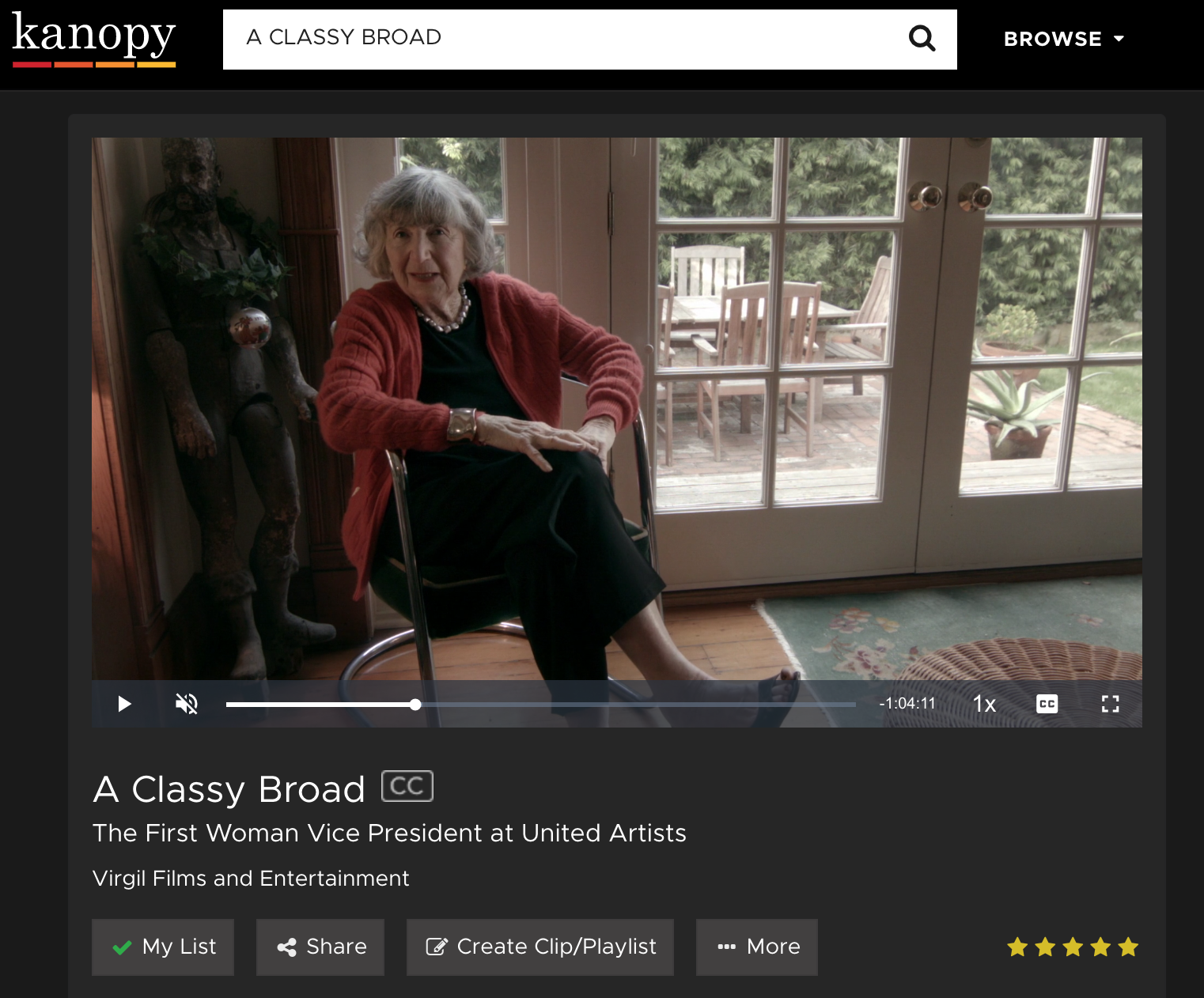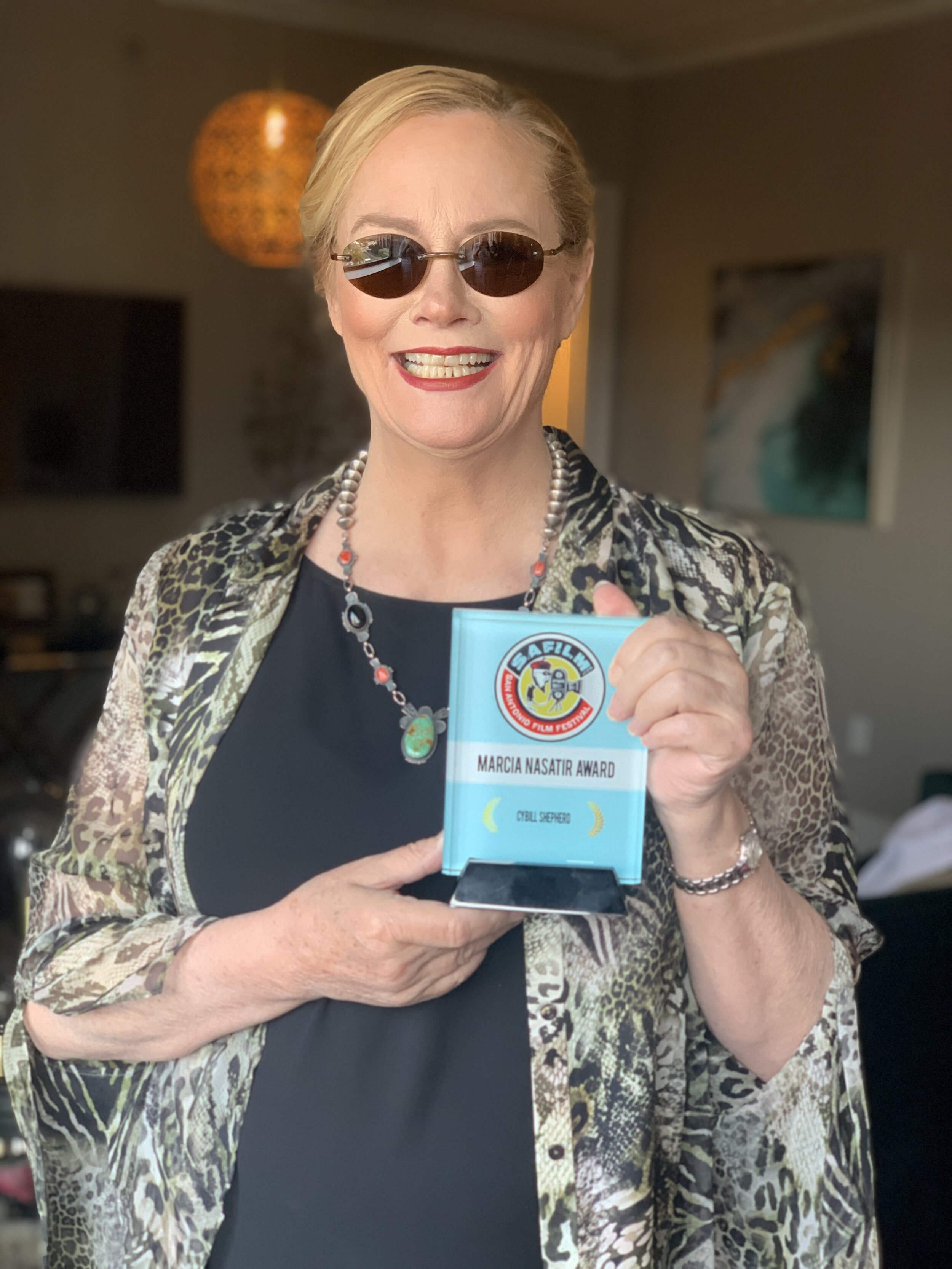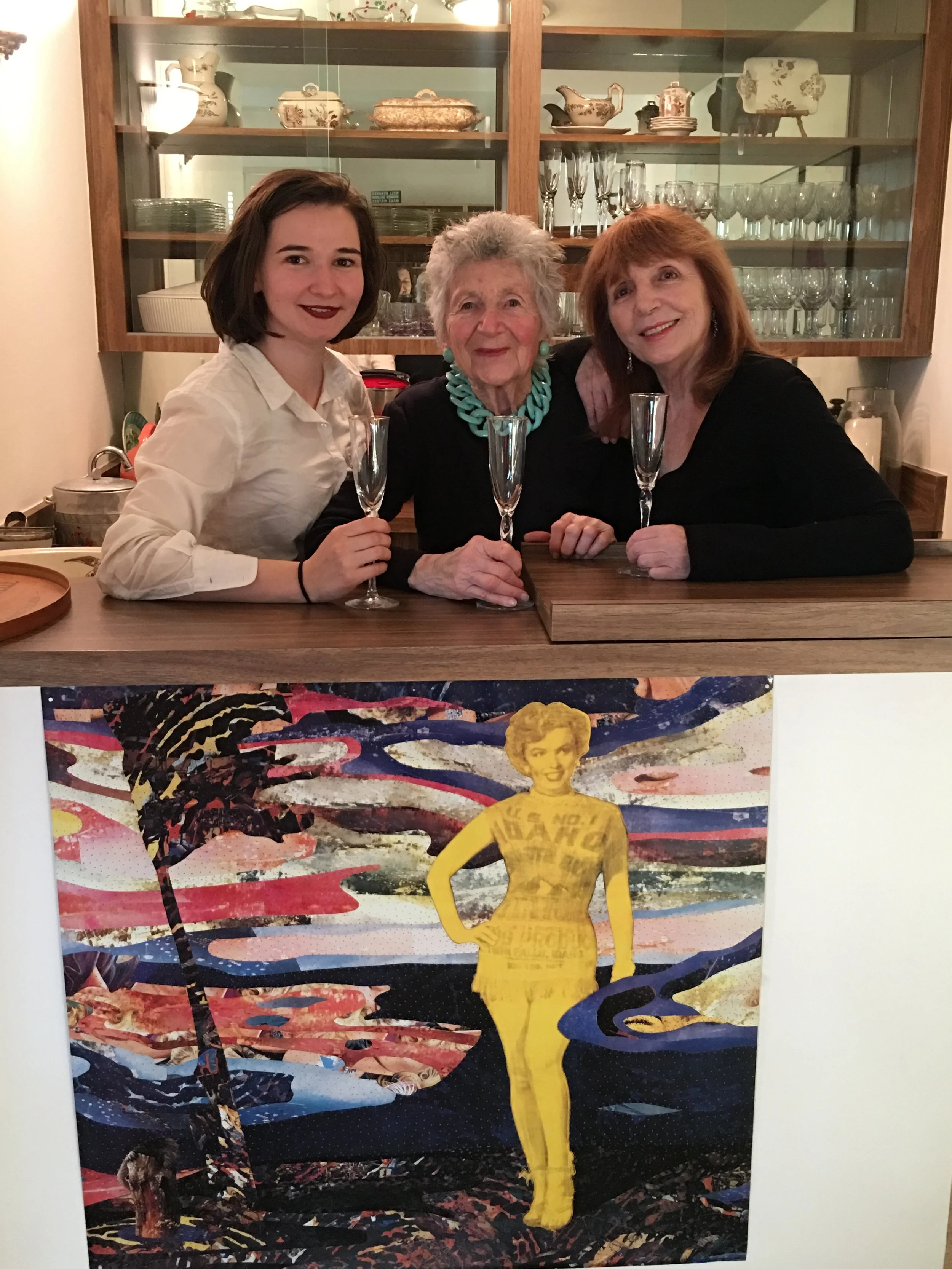INTERNATIONAL PREMIERE: Moscow Int'l Film Festival
/A Classy Broad celebrates our INTERNATIONAL DEBUT as an Official Selection at the 39th Moscow International Film Festival with two screenings of our documentary on June 26th and 27th.
As part of the festival, our director and Hollywood editor Anne Goursaud will be speaking in a webinar for Moscow Film School on July 3rd, covering the following:
- As a French woman becoming a director in Hollywood: I started my first big break as I was engaged in directing feature films and, finally, documentary films
- EDITING OF FUNCTIONAL FILMS: reading the script, the first meeting with the director, watching dailies, from the first to the final installation
- FUNCTION director-mounting in HOLLYWOOD
- WHAT DIFFICULTIES IN THE director-INSTALLATION FOR WOMEN
- What are the differences MOUNTING feature films and documentaries.
History of Moscow International Film Festival
The Moscow International Film Festival is one of the oldest in the world. For the first time it was held in 1935 with Sergei Eisenstein as chairman of the Jury but the Festival history is usually traced back to 1959 when it became a regular event. It is noteworthy that the Festival was reborn in the 1960s during the so called “period of thaw”, when film industry experienced an influx of filmmakers of a new generation whose spiritual experience was shaped by the great victory over fascism. In 1959 the opening ceremony of the first “thaw” Festival was held in the grand Palace of Sports in Luzhniki, Moscow. Chronologically this event coincided with more than the renunciation of the totalitarian path by the leaders of the country, which had only recently been cut off from the West by the Iron Curtain.
In the early 1960s Russian cinema alongside world cinema experienced a period of renewal; competition and out-of-competition programs of the MIFF featured the names of foreign filmmakers who re-invented the very notion of cinema in their works, who renounced classical forms, rejected acknowledged classical masters. And incidentally, sometimes they made use of the practices of “renunciation” tested by Soviet filmmakers of the 1920s. It goes without saying that not all the innovators whose works overwhelmed the Cannes and Venice in the 1960s found their way to the Moscow festival venues, but MIFF programs of the early 1960s carried the names of Federico Fellini, Valerio Zurlini, Kaneto Shindo. The Festival was attended by well-known stars of the time like Sophia Loren, Elizabeth Taylor, Peter Finch, Toshiro Mifune, Richard Burton, Anna Karina, Simone Signoret, Jean Marais, Yves Montand. Among the Festival guests were numerous film classics who used the new opportunity to learn about the country which had just lifted the veil off its cultural life.









